This Day in Legal History: Law for the Restoration of the Professional Civil Service
On April 7, 1933, the German government enacted the Law for the Restoration of the Professional Civil Service, a key early legal step in the Nazi regime’s campaign to marginalize and exclude Jews and political dissenters from public life. The law targeted civil servants, stating that anyone who was not of “Aryan” descent or who held views deemed politically unreliable—especially Communists and Social Democrats—could be dismissed from government service. While phrased in bureaucratic language, the law was a thinly veiled act of political and racial purging. Jewish teachers, professors, judges, and other state employees were removed from their posts, some having served Germany for decades, including veterans of World War I.
The law also gave the regime a tool to begin shaping state institutions along Nazi ideological lines. Its vague language about “unreliability” gave officials wide discretion to remove not only Jews but anyone who opposed the Nazis or failed to show sufficient loyalty. Although certain Jewish individuals were temporarily exempted under a “front-line fighter” clause—meant to placate concerns about fairness—the loophole would soon be closed in later legislation.
This marked the first legal codification of anti-Semitism in Nazi Germany, providing a model for further exclusionary laws such as the 1935 Nuremberg Laws. It also demonstrated how laws could be used not only to formalize discrimination but to normalize it, embedding it into the everyday machinery of the state. By disguising oppression as administrative reform, the Nazi government laid the groundwork for a bureaucratic system of persecution that would escalate into far more violent phases in the years to come.
Kirkland & Ellis, the world’s highest-grossing law firm, is in negotiations with the Trump administration to avoid being targeted by an executive order similar to those issued against several of its competitors. The firm reportedly reached out to the White House proactively, hoping to strike a deal that would spare it from the penalties imposed on others—such as revoking security clearances, limiting federal access, or canceling client contracts.
Other cowardly firms like Paul Weiss, Skadden Arps, and Milbank have already secured deals involving multimillion-dollar pledges for pro bono legal work aligned with White House priorities. These agreements also include commitments to avoid discriminatory diversity practices and to recruit ideologically diverse attorneys. Kirkland, though not yet the subject of an executive order, is one of 20 firms under Equal Employment Opportunity Commission scrutiny following Trump’s directives.
In 2024, Kirkland earned nearly $9 billion, with its lawyers playing key roles in major private equity and M&A deals, topping Bloomberg Law’s transactional rankings. The firm’s aggressive style and market dominance have made it a heavyweight in the legal world, and this move signals its intent to shield its interests amid the Trump administration’s ongoing pressure campaign against firms seen as politically opposed.
$9 billion in earnings is, apparently, not enough to buy a spine.
Kirkland Talks Deal With Trump White House, Looks to Avoid Order
More than 500 law firms have signed onto a court brief supporting Perkins Coie in its legal challenge against a Trump executive order that penalizes the firm over past political work and diversity policies. The brief, filed with U.S. District Judge Beryl Howell, criticizes what it describes as a dangerous effort to intimidate the legal profession, warning that legal representation of disfavored causes may now provoke government retaliation. Perkins Coie filed the lawsuit on March 11, following Trump's order targeting the firm for its past representation of Hillary Clinton’s campaign and its internal diversity policies. Several firms targeted by similar orders—such as WilmerHale, Jenner & Block, and Covington & Burling—have either sued or signed the brief. Others, including once again the aforementioned Paul Weiss and Skadden Arps, reached deals with Trump to avoid formal action.
Judge Howell has already blocked parts of Trump’s order, calling it unconstitutional and a threat to the legal system’s foundations. The White House maintains the orders are lawful exercises of presidential authority. The brief was spearheaded by former Obama Solicitor General Donald Verrilli, who now practices at Munger, Tolles & Olson, one of several prominent firms suing the administration over related matters. Many top law firms have stayed silent, but the growing backlash reflects broad concern about the use of presidential power to retaliate against legal opposition. Critics say the executive orders weaponize the law to chill dissent and undercut core legal protections.
More than 500 law firms back Perkins Coie suit against punitive Trump order | Reuters
A U.S. Department of Justice attorney has been placed on administrative leave after failing to defend the government’s actions in a wrongful deportation case that a federal judge described as “wholly lawless.” The case involves Kilmar Abrego Garcia, a legally present Salvadoran migrant with a valid work permit, who was mistakenly deported despite a court order blocking his removal. U.S. District Judge Paula Xinis ordered that he be returned to Maryland and found no legal basis for his arrest, detention, or deportation, noting he had complied with all immigration requirements and had no criminal record.
At a recent hearing, DOJ lawyer Erez Reuveni struggled to explain the deportation and admitted he lacked evidence justifying the government's actions. Attorney General Pam Bondi confirmed that Reuveni and his supervisor August Flentje have been sidelined from the case. The administration is appealing the order but has acknowledged in court filings that Abrego Garcia's deportation was a mistake.
The deported man is now being held in a high-risk prison in El Salvador. The Trump administration has justified its actions by claiming gang affiliations, though there are no charges against Abrego Garcia. The case highlights broader concerns about due process and immigration enforcement under the current administration, with critics pointing to a pattern of ignoring legal protections in deportation proceedings.
US sidelines DOJ lawyer involved in deportation case, which judge calls 'wholly lawless' | Reuters


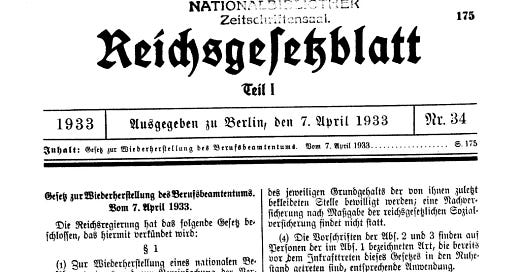


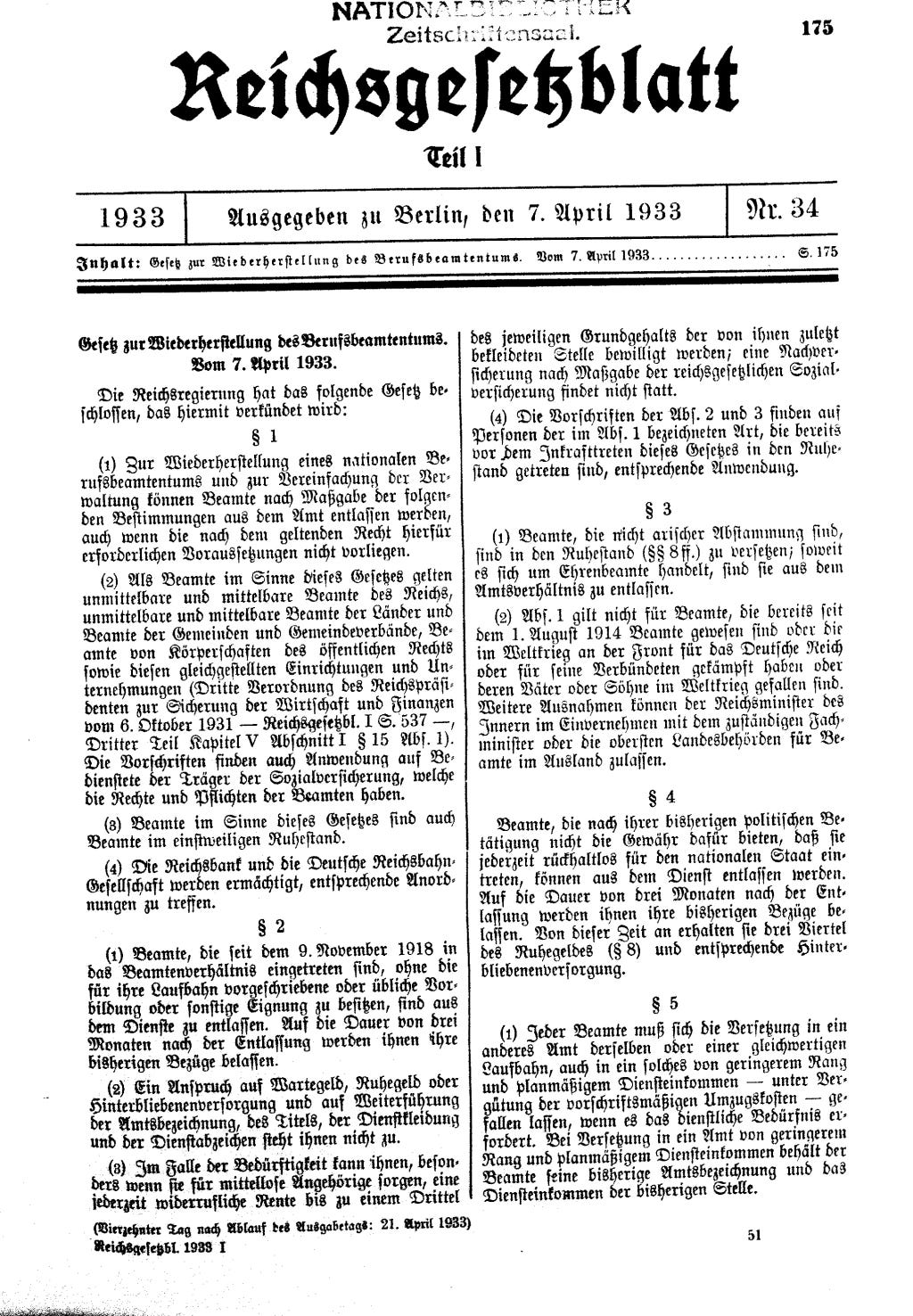



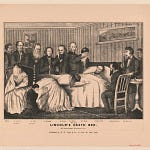

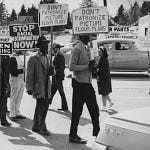
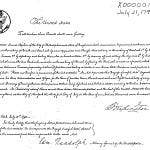


Share this post